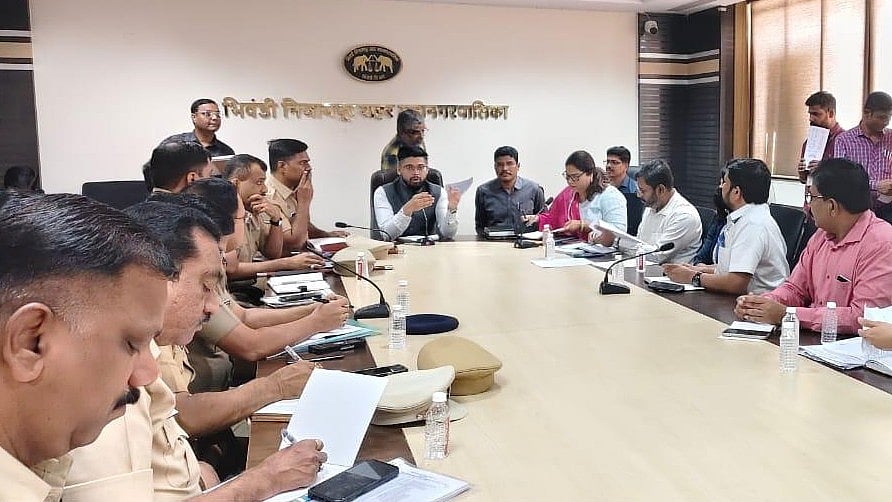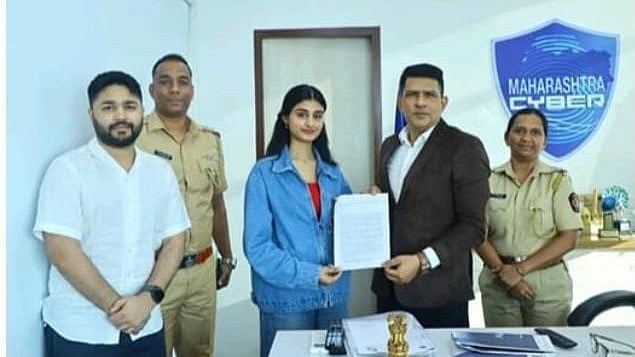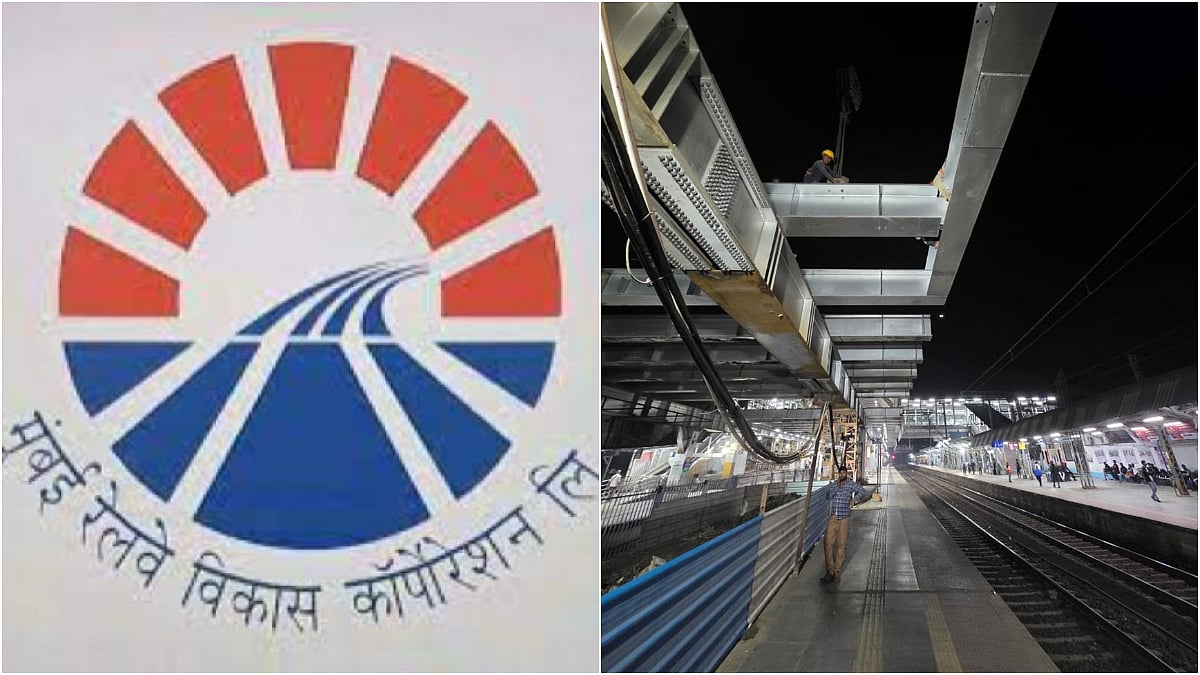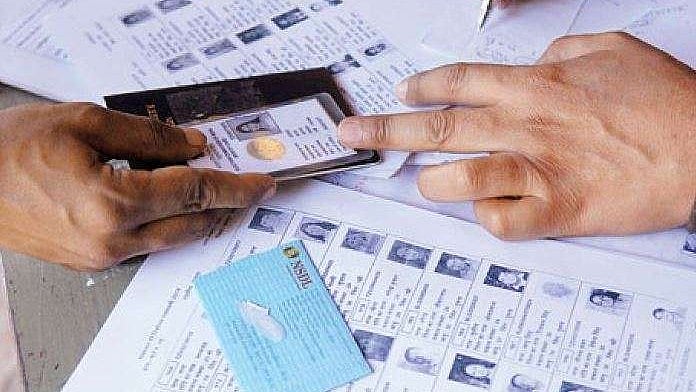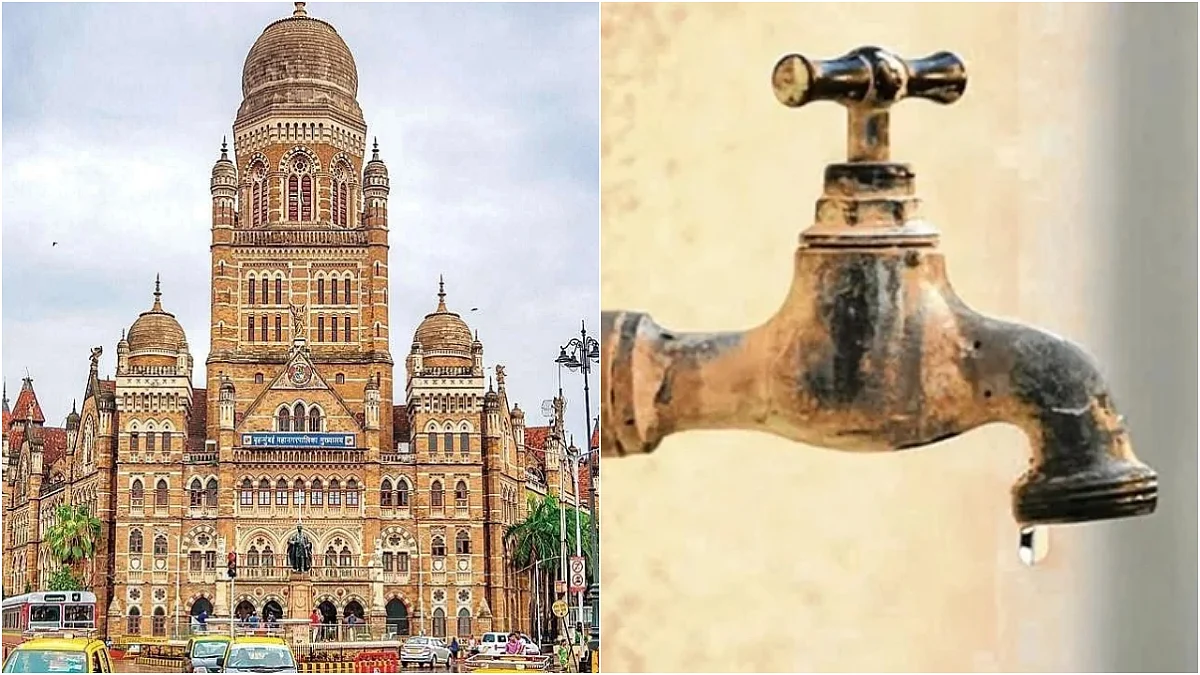New Delhi: The Supreme Court on Wednesday set aside a Bombay High Court order acquitting former Delhi University professor GN Saibaba in a case of alleged links with Maoists and remanded it back to the high court for fresh consideration on merits within four months.
The high court had on October 14 last year, more than eight years after his arrest in the case in 2014, acquitted Saibaba and ordered his release from jail. The court had noted that the sanction order issued to prosecute the accused in the case under the stringent provisions of the Unlawful Activities (Prevention) Act (UAPA) was “bad in law and invalid”.
Saibaba and five others were convicted by a sessions court in Gadchiroli in March 2017 under sections of the UAPA and the Indian Penal Code for having Maoist links and waging a war against India.
The sessions court dismissed the contention of absence of valid sanction for prosecution, saying that this was not “fatal to the case of the prosecution”. The sessions judge also noted that "No leniency could be shown to Saibaba in view of his 90% disability as he was mentally fit and was part of a think tank of the banned organisation.”
The Nagpur bench of the high court allowed the appeal filed by Saibaba challenging the 2017 order of the trial court convicting him and sentencing him to life imprisonment.
The high court then acquitted Saibaba, as well as Mahesh Kariman Tirki, Pandu Pora Narote (both farmers), Hem Keshavdatta Mishra (a student) and Prashant Sanglikar (a journalist), who were sentenced to life imprisonment, and Vijay Tirki (a labourer), who was sentenced to 10 years in jail. Narote died during the pendency of the appeal.
The NIA challenged this verdict of the high court before the apex court, which had on October 15 suspended the Bombay High Court order acquitting Saibaba and others.
On Wednesday, a bench of the apex court comprising Justices MR Shah and CT Ravikumar directed the Chief Justice of the Bombay High Court to not place the appeal of Saibaba and the other accused before the same bench which had discharged them and said the case should be heard by another bench.
It said that questions of law, including sanction under the UAPA, is to remain open for adjudication by the high court.


